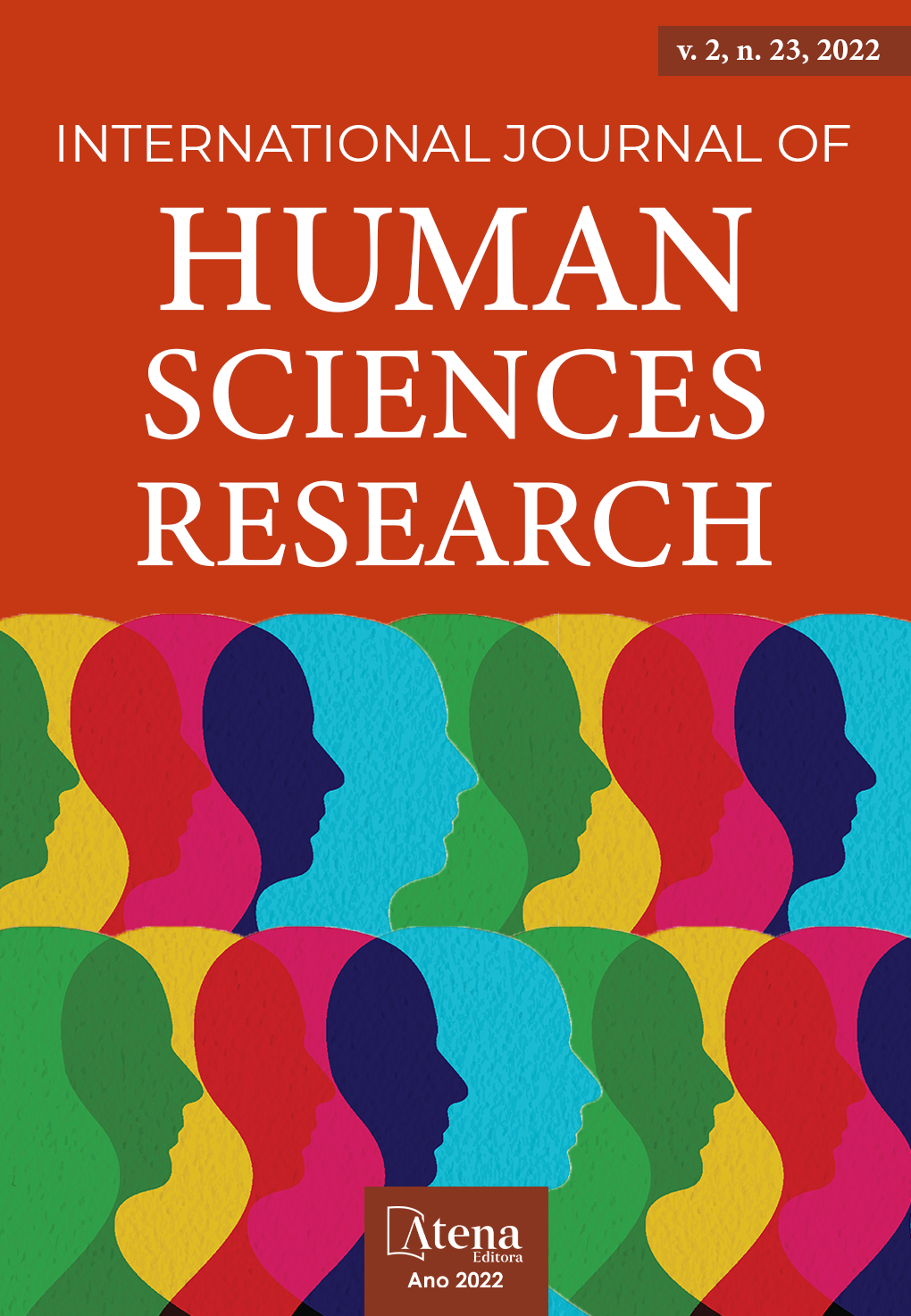
ENVIRONMENTAL REGULATION AND INSTRUMENTALIZATION POLICY AS A POSSIBILITY FOR SUSTAINABLE PRACTICE
This work focuses on the theme of territorial environmental management, through the municipalization of environmental licensing. The theoretical focus falls on Brazilian environmental policy, the decentralization of regulatory instruments, the need for practical actions based on environmental municipalization, with emphasis on the legislation of Rio Grande do Sul (RS). As a methodological strategy, it uses a bibliographic review of the main instruments of environmental policy and digital document analysis of the regulatory regulations for environmental management in the municipality of Santo Cristo (RS), as well as the presentation of performance indicators and data from licensed local enterprises. It is intended to address the instruments of environmental management policy of the territory, at the national, state and local levels, with emphasis on municipal licensing, bringing with it the discussion of the bias of local sustainability. The objective is to contribute to the discussion that small local actions can support the Sustainable Development Goals proposed in the 2030 Agenda (UN). It is believed that actions to regulate territorial policies can be disseminators for the adoption of a behavior favorable to the environment, of obedience of entrepreneurs regarding sustainable production practices.
ENVIRONMENTAL REGULATION AND INSTRUMENTALIZATION POLICY AS A POSSIBILITY FOR SUSTAINABLE PRACTICE
-
DOI: 10.22533/at.ed.5582232227071
-
Palavras-chave: Territorial Management. Environmental Licensing. Sustainable Practice.
-
Keywords: Territorial Management. Environmental Licensing. Sustainable Practice.
-
Abstract:
This work focuses on the theme of territorial environmental management, through the municipalization of environmental licensing. The theoretical focus falls on Brazilian environmental policy, the decentralization of regulatory instruments, the need for practical actions based on environmental municipalization, with emphasis on the legislation of Rio Grande do Sul (RS). As a methodological strategy, it uses a bibliographic review of the main instruments of environmental policy and digital document analysis of the regulatory regulations for environmental management in the municipality of Santo Cristo (RS), as well as the presentation of performance indicators and data from licensed local enterprises. It is intended to address the instruments of environmental management policy of the territory, at the national, state and local levels, with emphasis on municipal licensing, bringing with it the discussion of the bias of local sustainability. The objective is to contribute to the discussion that small local actions can support the Sustainable Development Goals proposed in the 2030 Agenda (UN). It is believed that actions to regulate territorial policies can be disseminators for the adoption of a behavior favorable to the environment, of obedience of entrepreneurs regarding sustainable production practices.
-
Número de páginas: 15
- Pedro Luis Buttenbender
- Marjana Eloísa Henzel


